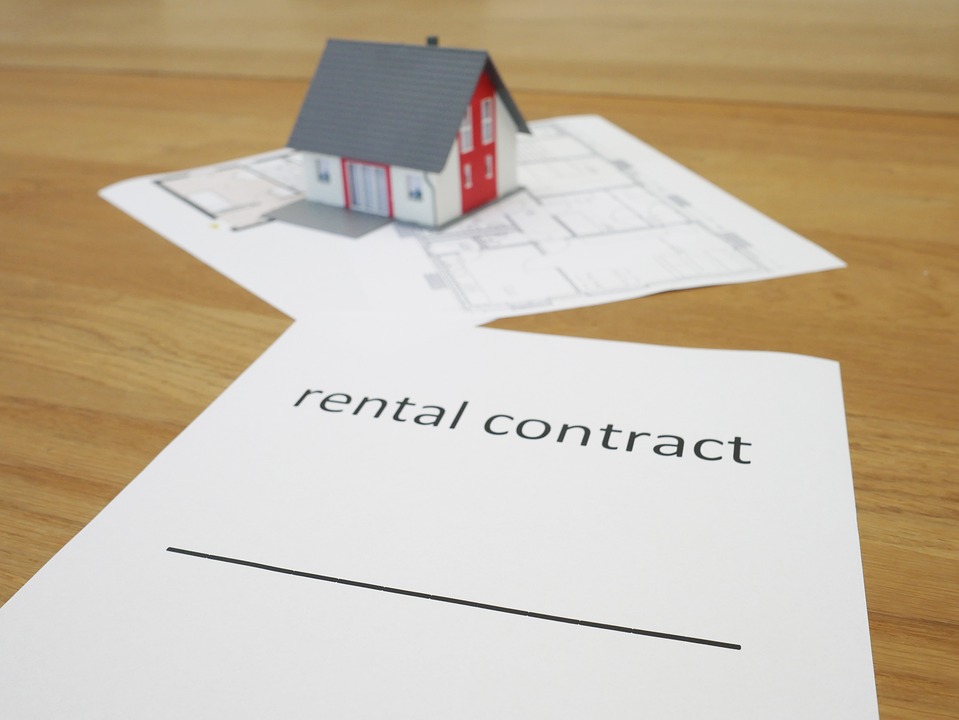Interest Rates Rise: How Will This Impact home Prices?
The housing market has been a rollercoaster over the past few years, fueled by historically low interest rates, pent-up demand, and pandemic-induced shifts in lifestyle. Now, the ride is getting bumpier. The Federal Reserve’s aggressive campaign to combat inflation has led to a significant rise in interest rates, leaving many wondering: how will this impact home prices?
The short answer: it’s complicated. While the full effect is still unfolding, the consensus is that rising interest rates will likely cool the housing market and put downward pressure on home prices, but a dramatic crash is unlikely.
The Direct Impact: Reduced Affordability
The most immediate consequence of higher interest rates is a decrease in affordability. When mortgage rates rise, the cost of borrowing money to buy a home increases significantly. This means potential buyers can afford less house for the same monthly payment.
For example, a half-percent increase in the mortgage rate can translate to hundreds of dollars more per month on a mortgage. This shrinking affordability effectively prices some buyers out of the market altogether and forces others to scale back their search.
Ripple Effects: Decreased Demand and Increased Inventory
Reduced affordability leads to a decrease in demand. As fewer buyers are able to afford homes, bidding wars become less frequent and properties stay on the market longer. This slowing of the market can trigger a shift in the balance of power from sellers to buyers.
With fewer buyers competing for properties, sellers are less likely to receive multiple offers and may need to lower their asking prices to attract attention. This increased inventory, combined with reduced demand, can lead to a moderation, or even a decline, in home prices.
Why a Housing Crash is Unlikely (But Not Impossible)
While a downward pressure on home prices is anticipated, a catastrophic housing crash similar to 2008 is unlikely for several key reasons:
- Stricter Lending Standards: Lending standards are significantly tighter now than they were in the run-up to the 2008 financial crisis. Subprime mortgages and risky lending practices are much less prevalent. This means borrowers are generally more qualified and less likely to default on their loans.
- Stronger Household Balance Sheets: Many homeowners have built up significant equity in their homes over the past few years. This provides a cushion against potential price declines and reduces the risk of widespread foreclosures.
- Relatively Low Inventory (Still): While inventory is increasing, it is still below historical averages in many markets. This limited supply helps to support prices, even as demand cools.
- Demographic Trends: The Millennial generation is entering its prime home-buying years, creating a persistent underlying demand for housing.
Factors That Could Exacerbate or Mitigate the Impact
The ultimate impact on home prices will depend on several factors:
- The Pace of Interest Rate Hikes: If the Federal Reserve continues to aggressively raise interest rates, the housing market could cool more quickly. Conversely, if the pace of hikes slows down or even pauses, the market may stabilize.
- Economic Conditions: A recession could further dampen demand for housing and put downward pressure on prices. However, a strong labor market could help to cushion the impact.
- Regional Variations: The impact of rising interest rates will vary across different regions and markets. Areas that experienced the most rapid price appreciation during the pandemic are likely to see the biggest corrections.
- Inventory Levels: The rate at which inventory increases will also play a crucial role. A sudden surge in listings could accelerate price declines.
What Should Buyers and Sellers Do?
- Buyers: Don’t panic. Take your time, shop around for the best mortgage rates, and consider properties that may have been overlooked in a hotter market. Negotiating power is shifting towards buyers, so be prepared to make reasonable offers.
- Sellers: Be realistic about your asking price. Consult with a local real estate agent to understand the current market conditions in your area. Consider making improvements to your property to make it more attractive to buyers.
The Bottom Line:
Rising interest rates are undeniably impacting the housing market. We’re likely to see a moderation in price growth, and in some markets, even a decline in prices. However, a catastrophic crash is unlikely. The key is to be informed, patient, and adaptable. For buyers, this could be an opportunity to enter the market. For sellers, it’s a time to adjust expectations and price strategically. The housing market is always evolving, and navigating these changes requires a thoughtful and informed approach.

